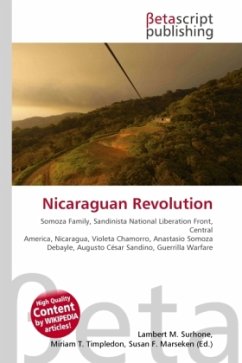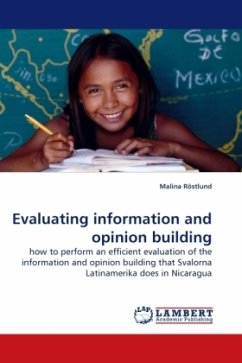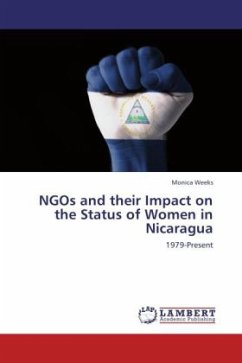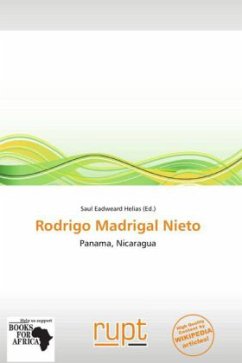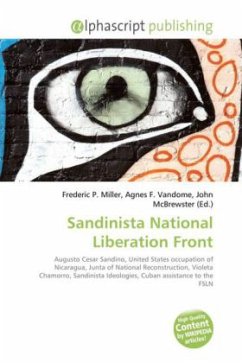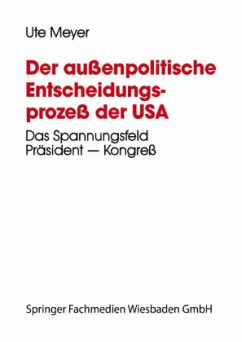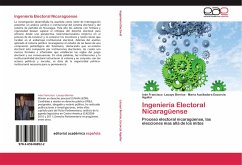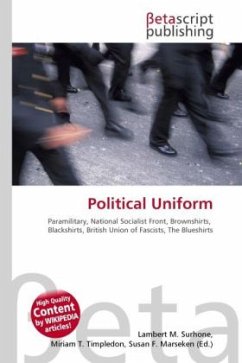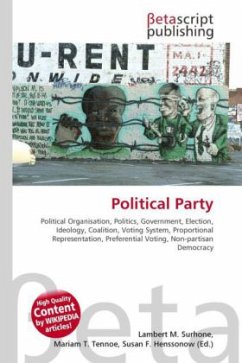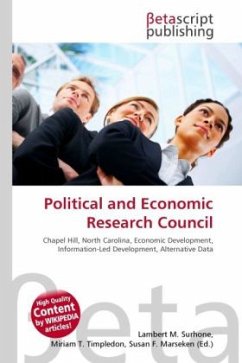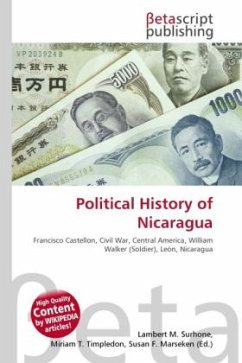
Political History of Nicaragua
Versandkostenfrei!
Versandfertig in 6-10 Tagen
36,99 €
inkl. MwSt.

PAYBACK Punkte
18 °P sammeln!
High Quality Content by WIKIPEDIA articles! Much of Nicaragua's early politics following independence was characterized by the rivalry between the liberal elite of León and the conservative elite of Granada. This rivalry sometimes spilled into civil war. Initially invited by Francisco Castellon in 1854 to join their struggle against the conservatives, US-born adventurer William Walker arrived in 1855 and won the Liberals' war so easily that it seemed like he barely even fought. As a result, he saw the chance to take over the country. He appointed himself president in 1856. But several Central...
High Quality Content by WIKIPEDIA articles! Much of Nicaragua's early politics following independence was characterized by the rivalry between the liberal elite of León and the conservative elite of Granada. This rivalry sometimes spilled into civil war. Initially invited by Francisco Castellon in 1854 to join their struggle against the conservatives, US-born adventurer William Walker arrived in 1855 and won the Liberals' war so easily that it seemed like he barely even fought. As a result, he saw the chance to take over the country. He appointed himself president in 1856. But several Central American countries feared the possibility of his plans for expansion, and united to drive him out of Nicaragua in 1857. Ironically, they were supported by American industrialist Cornelius Vanderbilt, who had sponsored Walker's pirating of Nicaragua. Walker was executed in neighboring Honduras on Sept. 12, 1860. Three decades of conservative rule followed.



